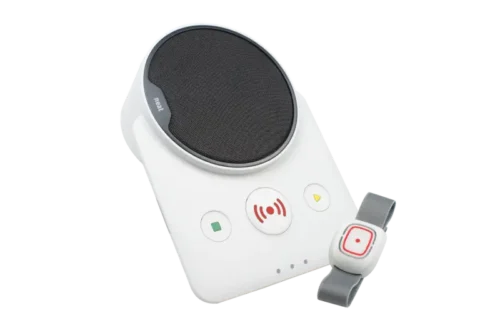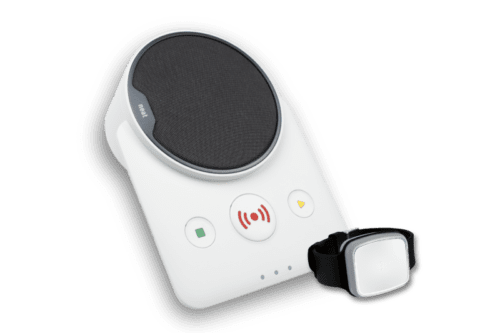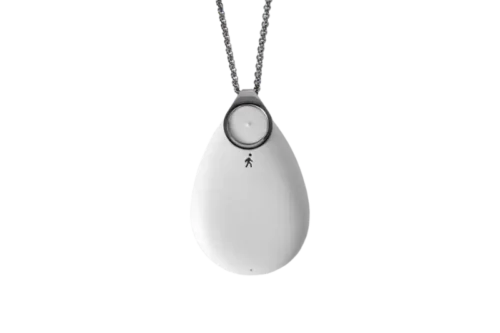To mark International Epilepsy Day we thought we would put together an article to help raise awareness of this debilitating condition.
To start with here’s a few facts about epilepsy:
- 50 million people have epilepsy worldwide.
- Around 600,000 people have epilepsy in the UK, that’s almost 1 in every 100 people.
- 5% of us will have an epileptic seizure at some point in our life.
- There are 87 new cases of epilepsy every day in the UK.
- Epilepsy is more common in the under 20’s and over 60’s.
- There are 1,000 epilepsy related deaths each year in the UK – that’s more than AIDS and cot deaths combined.
Sadly there continues to be much stigma and indeed myth surrounding this condition. The hope is that through engaging with local and national epilepsy charities during Epilepsy Day we can help eradicate this stigma and enable people to enjoy a normal successful life.
But here’s a question. If you were walking down the street and you saw someone drop to the floor and have a seizure, what would you do? If I’m honest before we got involved with providing epilepsy alarms I would probably have just panicked and would have frozen on the spot.
So here’s a few things you can do that may just help save someone’s life should that experience happen to you.
- Do not panic. Stay calm.
- Keep the person safe and comfortable. If they are on a chair, gently move them to the floor
- Turn the individual on their side, loosen any tight clothing and if possible, put a pillow under their head.
- Do not hold the person down or put anything, including your finger, in their mouth to protect the tongue. This is not necessary.
- Do not give them anything to eat or drink, including medicine, until they have fully recovered.
- When the seizure is over, check for vital signs.
- Stay calm and comfort the person as they recover.
- Call for medical help if the person has stopped breathing, if it is his first seizure or if he has other medical problems.
- It’s important to state that a person cannot swallow their tongue during a seizure. Therefore there is no need to put anything into the person’s mouth whilst the seizure is occurring.
Let’s all hope that today can really make a difference to millions of lives and go some way to addressing the misunderstandings regarding epilepsy.
For more information on Epilepsy, you might find this article by Dr Hilary Jones quite helpful.
Other helpful websites include:




